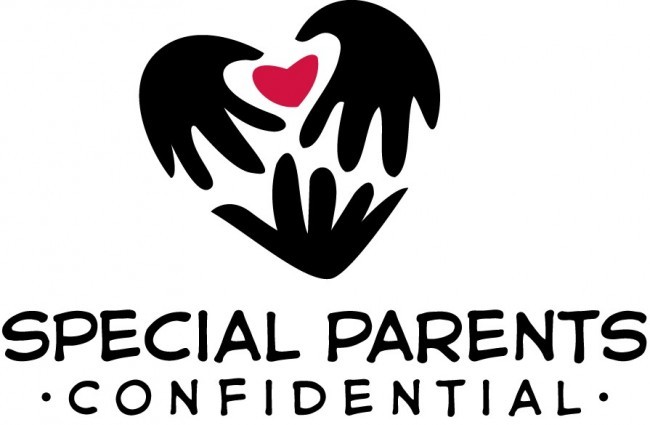The Mighty.
Once in a while you come across a website that is just so compelling, so useful, and so helpful that you have to share it with everyone you know.
Thirty million people have done that with The Mighty.
After finding out that his daughter had a rare genetic disorder, and his son was born with a health challenge, the founder of The Mighty, Mike Porath, decided to build a website where people could share their emotional struggles and help each other. As he says in his own article on why he started The Mighty, “Stories that inspire people – that can change the path of someone’s day, as my wife says – are a great start, but we are going after much more. Ultimately we want to improve the lives of people facing disease, disorder and disability.”
The Mighty started out as a site where parents of special needs children can vent their frustrations, post their triumphs, and share with each other their experiences. They’ve grown beyond special needs to health challenges, and even posts written by people with special needs and health challenges who offer their own unique perspectives.
In this episode we talk to Mike Porath about The Mighty and how he brought the website together. He also talks about where he hopes to see The Mighty go in the coming years, and what he wants the site to become. It’s a fascinating story and a fascinating interview with a real visionary who just started off by asking a question: “What can we do about this?”
Below are some links to various articles on The Mighty that were mentioned in the podcast.
Mike Porath’s Current Favorite Story On The Mighty
The Mother Who’s Son With Autism Got A Special Invitation To A Party
The Man Who Invented A Font To Help People With Dyslexia
As always a reminder that if you like this episode of Special Parents Confidential or any episode we’ve done, please share our site with your friends, family, and all your connections on social media. You can do this easily with the social media buttons located right below this paragraph. Like us on Facebook, follow us on Twitter, add us on Google Plus, Tumbler, Linked In, Pintrest, Stumble Upon, Reddit, or other social media sites that you use. You can also sign up for our email service and have new posts and podcast episodes delivered right to your inbox the moment they’re available online. That form is located to the right of this text. We’re also on iTunes and Stitcher as a free subscription and if you have a moment, feel free to write a review about our podcast on either of those sites. Anything you can do to help spread the word about Special Parents Confidential will help us be able to continue these podcasts.
Thanks for your support!
Podcast: Play in new window | Download
Subscribe: RSS






You must be logged in to post a comment.